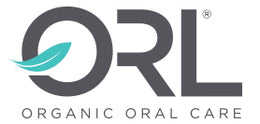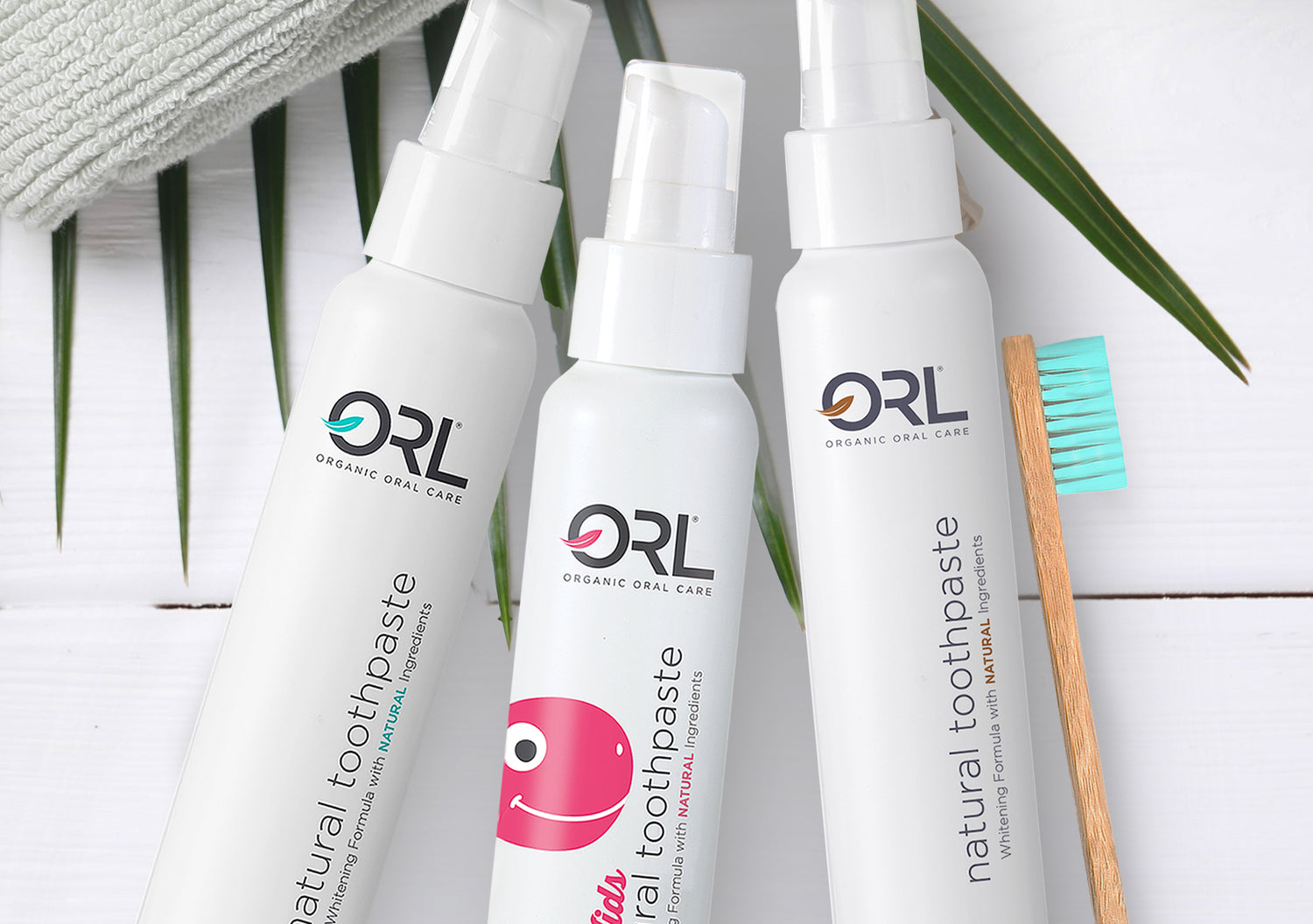Staying Healthy in a Toxic World
Modern life is toxic and stressful for the body. Many of us are trying to reduce the assaults on our bodies by choosing natural products, products that not only don’t harm the body, but actively help us stay healthy. Excessively acidic conditions in the body have been linked to the common problem of inflammation, which can lead to poor health and serious disease. Keeping the body in balance is essential to health, and pH balance is part of that overall picture of health.
Acid Leads to Inflammation
When the body is too acidic, chronic inflammation can take hold, which has been scientifically proven to contribute to such serious health concerns as diabetes, heart disease, stroke, arthritis, asthma, Crohn’s disease, and serious autoimmune disorders.[1] Inflammation, especially chronic inflammation, has serious long-term negative effects on health. The relationship between acidity and inflammation is well-proven: acidic conditions in the body lead to health problems.[2]
Neutral pH Equals Better Oral Health
Studies show that people with salivary pH levels closer to neutral, or 7.0 pH, have fewer cavities than those with more acidic salivary pH levels.[3] In this article, we will explore the research around how pH balance affects oral health, and how a neutral pH level like 7.0 pH may lead to greater oral health naturally.
What is 7.0 pH?
You most likely learned about acids and bases in high school science class. Strong acids can burn, but actually, so can extremely alkaline substances. They can burn right through a solid surface, so image what they can do to our delicate bodies. We measure the level of acidity or alkalinity on the pH scale, with 0 being pure acid and 14 being purely alkaline. Right in the middle is 7.0 pH, which is a neutral level of neither acid nor alkaline---perfect balance.
The acronym pH stands for “potential for Hydrogen” and it measure the number of hydrogen ions present in a liquid. The higher the number of hydrogen ions in a substance, the more acidic that substance and the lower the pH level. We often think of good health in terms of lower number--lower cholesterol levels, lower body mass index, lower blood pressure---these are all signs of better health. But when you are talking about pH levels, lower levels can mean more acidic, so you don’t want to go too low.
On the other side, a high pH level indicates a more alkaline state, with fewer hydrogen ions present. However, very alkaline substances are caustic, and can cause chemical burns. A good example that you may be familiar with is ammonia, which is used in a diluted form to clean buildings but is very dangerous and requires special handling for safety. Going too far into the alkaline realm of pH is also not good for the body. Most parts of the human body need to remain pretty close to 7.0 pH.
Balancing pH Levels in the Body
The sweet spot is 7.0 pH. Pure water is 7.0 pH. Our blood needs to stay very close to that neutral pH, specifically within the range of 7.35-7.55 pH; lower or higher blood pH, even by a bit, can cause death. The body is pretty good at keeping the blood within this very tight range of pH. Other bodily fluids, like saliva and urine, can vary without causing immediate danger. But your body has to work hard to make sure your blood stays at a good balance, which means that excessive acidity puts a strain on the body. One exception is the acid in your stomach, which is close to 2.0 pH so it can digest your food. But closer to neutral is better for most parts of the body.
7.0 pH in Oral Health
The pH levels of saliva in the mouth vary. Right after eating or drinking, especially certain foods, the pH levels plummet and the saliva becomes more acidic. A more acidic environment in the mouth encourages the erosion of the enamel of the teeth, leading to dental cavities, also called carries. The acid can be in what one eats or drinks, but most of the acid that attacks teeth comes from the bacteria in the mouth that eat the carbohydrates and sugars and then pump out acid as waste.[4] All of this acid actually demineralizes the enamel of your teeth---pulling the minerals out that keep your teeth strong. This is chemistry in action inside your mouth, and it is not a good thing!
Scientific studies have shown that people with lots of cavities have a lower pH level in their saliva than people with few cavities.[5] There is also a correlation between people with diabetes, lower salivary pH, and more cavities.[6] We know that acid demineralizes the enamel of the teeth, and that this can lead to weak enamel, and further, to cavities developing. It is a slippery slope. The research points to a pH level of the saliva that is close to neutral being protective against cavities. To be one of those people with few cavities, bringing your salivary pH close to 7.0 pH is one positive step that you can take.
Acidic Saliva Can Make Brushing a Bad Thing!
Brushing your teeth when your mouth is in an acidic state can actually hurt your teeth. When acid is weakening the enamel, and you come in with a brush, you are scraping away parts of the enamel. So, brushing after eating or drinking acidic foods or liquids can lead to more cavities. Getting the balance of pH to neutral before you brush your teeth can ensure that your efforts at brushing will help, not harm your dental health.
We often think of our teeth as being eaten away by bacteria when we get cavities, but it is actually the weakening and stripping away of the enamel that allows cavities to form in teeth. If we want to avoid cavities, rather than just have our dentist fill them when they occur, we need to take care of the environment in our mouths. Eating healthier plant-based food and fewer carbs and sugars can help. Brushing our teeth regularly can help. But actively working to keep our saliva at closer to 7.0 pH will do a lot to reduce the acidic erosion of the enamel which leads to cavities.
Eating Shifts the pH in the Mouth
Feeding the harmful bacteria in our mouths with sugars and carbohydrates is one part of the picture, but it turns out that these little nasties don’t survive well in a more neutral pH. Bad bacteria, the ones that create cavities and help to cause disease, like an acidic environment. They don’t reproduce well or thrive in a 7.0 pH environment, so there are fewer of them around when the saliva has a neutral pH. Giving the bacteria less to feed on will mean they can create less additional acid, which also helps. Between balanced pH and healthy eating, we can reduce the number of harmful agents working to undermine our oral and overall health.
The mouth is the first step in the process of ingesting nutrition for use by our cells. If there is extra acid created there, then your body will need to neutralize it to keep your body functions healthy. Acids and the resulting inflammation can cause a myriad of problems, so reducing the acidic content of your mouth can be a first step to helping keep the rest of your body healthy.
Balanced pH Helps Teeth Heal Themselves
Our bodies are wonderful and mysterious organisms, capable of balancing all kinds of threats to keep functioning. We often think of our teeth as these hard objects in our mouths that will just keep decaying the older we get. But this is not true. Or at least it doesn’t have to be true. Our teeth are capable of getting stronger, or re-mineralizing. The enamel that has eroded from years of poor diet, poor brushing, or just age, can replenish itself, becoming stronger, harder, more resistant to cavities if we create the conditions in the body that allow this natural process of repair to take place. Studies indicate that in the absence of acids, the teeth naturally do repair themselves. If the saliva is at 5.5 pH or lower, the acid keeps the teeth from demineralizing.[7] This seems to indicate that keeping your mouth’s pH as close to neutral as possible---7.0 pH---can encourage the strengthening of the teeth.
Steps to Better Oral Health and Better Overall Health
Research is often years behind common sense. Though not all the evidence is yet conclusive, it is clear that 7.0 pH is healthier for the environment of the mouth. It protects teeth from erosion and cavities and lowers the activity of harmful bacteria. We may not have made the full connection scientifically, but the evidence so far points to neutral pH making your mouth a healthier place. Cleaner eating, maintaining a neutral pH balance, and regular tooth brushing will all serve to help your teeth and gums stay healthy. Better oral health helps the rest of your body stay healthier and less inflamed. Without irritants and harmful bacteria, your teeth can start the process of remineralization, of healing and re-growing that will serve to make your mouth a healthier place going forward.
What can you do today? Here are a few suggestions:
- Reduce consumption of sugary and carbohydrate-rich foods, especially ones that stick to your teeth
- Snack less. Frequent eating gives your saliva less chance to wash away food from your teeth.
- Check the pH of your saliva to see if it is close to 7.0
- Strive for a neutral pH in your mouth by observing when the pH gets too low
- Brush your teeth at least twice a day with 7.0 pH toothpaste
- Use products, especially oral health products, with a neutral pH and no harmful chemicals that can cause irritation or pain
[1] https://www.ncbi.nlm.nih.gov/books/NBK493173/
[2] https://www.ncbi.nlm.nih.gov/pmc/articles/PMC5854649/
[3] https://aem.asm.org/content/aem/83/4/e02412-16.full.pdf
[4] https://www.ncbi.nlm.nih.gov/pmc/articles/PMC4452714/
[5] https://www.sciencedirect.com/science/article/pii/S2212426815000433?via%3Dihub


